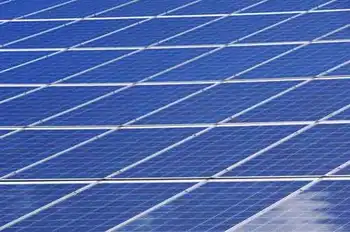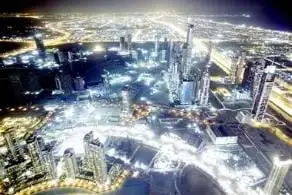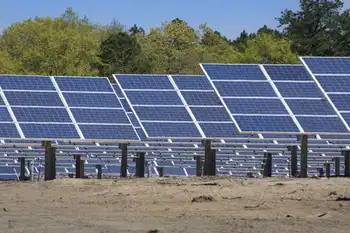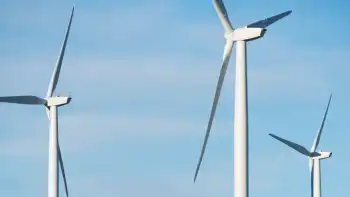TEHRAN - - Iran says nuclear program for energy, not war
TEHRAN - Iran will do all it can to prevent the International Atomic Energy Agency from taking the dispute over the country's nuclear program to the UN Security Council, the foreign minister said recently.
Foreign Minister Kamal Kharrazi's statement, days before the arrival of UN inspectors, appeared to signal that Iran would seek to meet an Oct. 31 deadline to prove that its nuclear program is for producing energy, not weapons.
Iran protested the deadline as "politically motivated" after the IAEA imposed it last month after lobbying from the United States, which strongly suspects that Iran is developing nuclear weapons. Failure to satisfy the IAEA, the UN nuclear watchdog, could result in the issue being referred to the UN Security Council for possible sanctions.
Speaking on his return from New York recently, Kharrazi said Iran was working toward "providing the necessary clarifications and taking the appropriate decisions to prevent this matter from going before the Security Council."
The head of the IAEA said Tuesday that Iran had done little to disprove suspicions it is making nuclear weapons and urged full disclosure.
Iran's representative to the IAEA, Ali Akbar Salehi, said on state-run television that two senior IAEA officials will arrive in Tehran in early October for talks, and another team would arrive soon thereafter for "routine inspection of Iran's nuclear facilities."
The IAEA representatives would not be granted inspection rights beyond the provisions of the Nuclear Nonproliferation Treaty, Iranian government spokesman Abdollah Ramezanzadeh later told reporters. "As far as the visit of IAEA team is concerned, we will fulfil our obligations under the Nuclear Nonproliferation Treaty. And we have no obligations other than Nuclear Nonproliferation Treaty," Ramezanzadeh said.
Iranian officials say they have previously allowed IAEA inspectors to visit non-nuclear sites, a privilege that goes beyond Iran's obligations under the Nuclear Nonproliferation Treaty.
However, Ramezanzadeh left open the possibility of expanded co-operation. "Any action by Iran beyond its obligations will depend on the talks with the IAEA team," he said.
Hardline elements in the Iranian establishment have urged the government to reject the Oct. 31 deadline and to withdraw from the Nuclear Nonproliferation Treaty, which prohibits Iran from building nuclear weapons.
The United States strongly suspects Iran does have a secret program for nuclear weapons and has lobbied the IAEA board of directors to declare the country in breach of the treaty.
Traces of weapons-grade uranium have been found at two Iranian nuclear sites. Iran says in both cases the particles came from contaminated equipment that it imported from another country, which it did not name.
Iran says its nuclear program is strictly for generating electricity, particularly after its oil reserves run out.
Related News

Energy-insecure households in the U.S. pay 27% more for electricity than others
NEW YORK - On a square-foot basis, the issue of inequality is made worse by higher costs for energy usage in the nation. Efforts like community solar programs are underway to boost low-income participation in the cost benefits of renewable energy.
The Energy Information Administration (EIA) shows that households that are considered energy insecure, or those that have the inability to adequately meet basic household energy costs, are paying more for electricity than their wealthier counterparts.
On average in the United States in 2020, households were billed about $1.04 per square foot for all energy sources. For homes that did…




